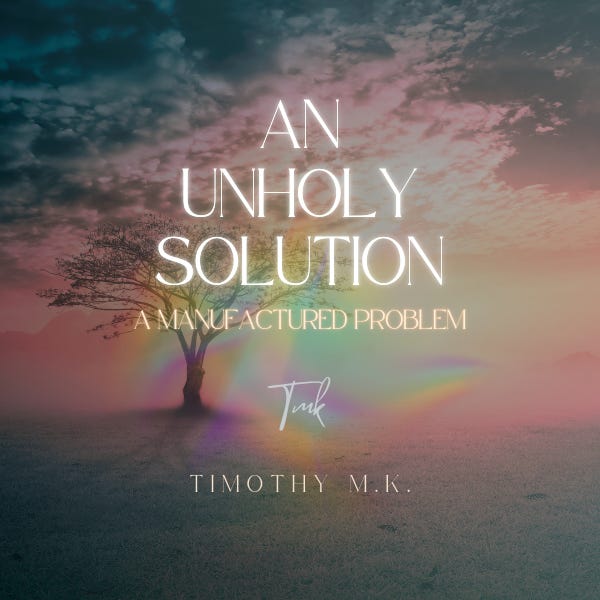An Unholy Solution A Manufactured Problem
Based on Timothy MK’s latest book by the same title
For over four decades, I lived in the shadow of a theological paradox. As a former architect of conversion therapy programs, I spent years perpetuating doctrines that caused profound harm to LGBTQ+ individuals—all while grappling with my own identity. My book, An Unholy Solution: A Manufactured Problem, chronicles this journey from denial to self-acceptance and challenges the systemic exclusion embedded in religious institutions. This article explores key themes from my work, offering a glimpse into the urgent need for theological reform while inviting readers to engage deeply with the full narrative.
Understanding the Roots of Religious Exclusion
Religious exclusion is not a modern phenomenon. For centuries, interpretations of scripture have been shaped by cultural biases, political agendas, and fear of the unknown. In my research, I trace how doctrines of exclusion took root in early Christian history, from the Council of Nicaea’s enforcement of orthodoxy to …



